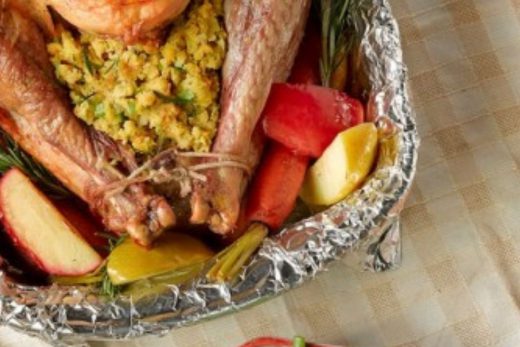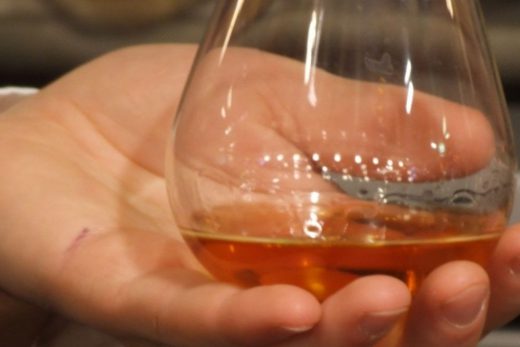Before the British arrived, njahi (sometimes spelled njahe) was a staple food of the Gikuyu of Central Kenya—it was native to the region, and its drought tolerance greatly enhanced its appeal. Njahi figured largely in Gikuyu culture, occupying an important place in Gikuyu spirituality, and it was associated closely with fertility. Nursing mothers were told “ninguka kuria njahi” (“I will come eat njahi”), which meant that the person saying the phrase would come see the new baby soon. The Gikuyu anthropologist Jomo Kenyatta (in the time before he became a rogue of a president) wrote of how njahi was fed to girls before clitoridectomy was performed. The British colonial writer Elspeth Huxley wrote that njahi was used for divination. Kirima Kia Njahi, a mountain in Central Province (literally “the mountain of njahi”), was believed to be one of the main dwelling places of God. On the lower slopes of the mountain grew njahi cia Ngai (God’s njahi). The long rains season was known as Mibura ya njahi (directly translated as “the season of long rains and harvest of njahi”).





